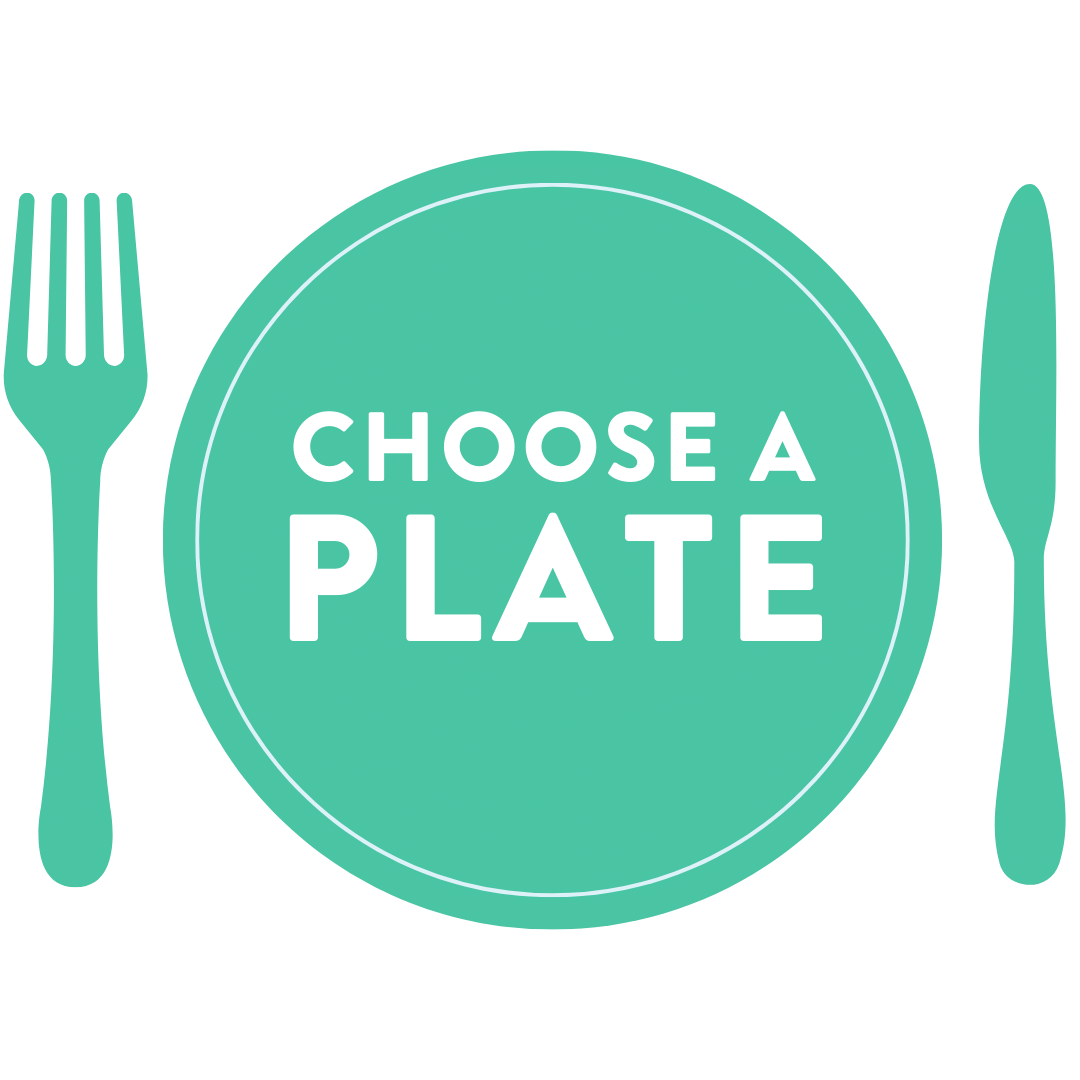
For families who rely on school-provided breakfasts and lunches for their children, summer isn't necessarily a break. In Massachusetts, a staggering 36 percent of surveyed households with children reported their child is food insecure. With the cost of groceries continuing to rise, the summer months may lead many families to consider tradeoffs: groceries or rent? Paying bills or buying fresh produce?
Your donation can help prevent families from having to make these difficult decisions. 100% of your donation will go to our three partners: Action for Boston Community Development (ABCD), Boston Medical Center Preventive Food Pantry, and People Helping People to meet this increasing need.
Together, we can help our partners distribute nutritious food and ensure that local families have healthy meals on their tables throughout the summer!
Pick your donation amount. 100% of your donation goes directly to our local nonprofit partners.

Your donation will allow our partners to distribute fresh produce and protein sources to the families they support throughout the summer months.

You are now a hunger fighter! Thank you for helping end local summer food insecurity!

ABCD operates five food pantries for Boston residents: Allston/Brighton, East Boston, Mattapan, Parker Hill/Fenway, and Roxbury/North Dorchester. Their core food based programs also include assisting individuals in completing and filing their Supplemental Nutrition Assistance Program (SNAP) application, visiting neighborhoods with their Food Pop-up van, and delivering groceries to elderly, disabled, and homebound community members.
In 2023, ABCD Prepared 985,560 meals for children in their Head Start program, provided 4,465 families with food pantry services, distributed food to 447 elders, delivered groceries to 621 households reaching vulnerable populations and 1,984 individuals at food pop-up locations.
The Preventive Food Pantry at Boston Medical Center works to address nutrition-related illness and under-nutrition for their low-income patients. Individuals with special nutritional needs are referred to the Food pantry by BMC primary care providers who write “prescriptions” for supplemental foods that best promote physical health, prevent future illness and facilitate recovery. The Pantry is often used by patients with cancer, HIV/AIDS, hypertension, diabetes, obesity, heart disease and other chronic conditions.
A key feature of the Pantry is the provision of perishable goods, such as fresh fruits and vegetables and meats all year round – items that are often costly and therefore often lacking in a low-income family’s diet.
People Helping People provides assistance to residents of the town of Burlington, Massachusetts who have a need for food, medicine, heat or utilities. PHP is the umbrella organization overseeing the Burlington Community Food Pantry and the Burlington Covenant for Basic Needs. Their Food Pantry operates as a drive-thru, where food is largely custom packed according to each family's food preferences. Currently, the pantry serves between 150 to 200 Burlington families per month, or around 550 people. Since COVID-19, they have seen a 30% increase in requests. While a slight majority of those served are adults, 40 percent are children and 15 percent are seniors.